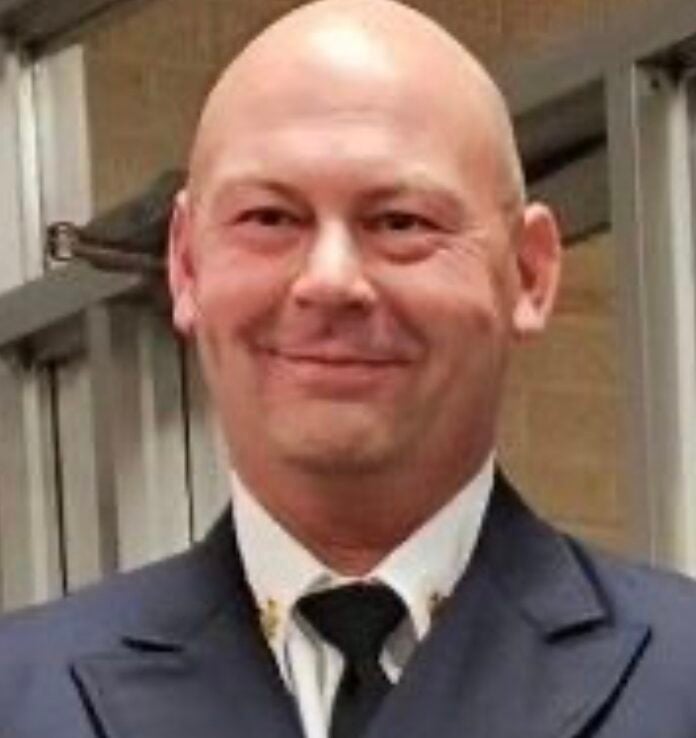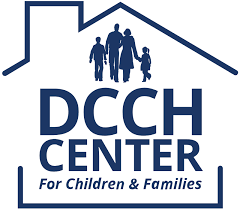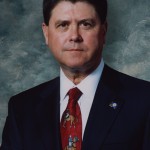When it comes to solving the big issues of the day, President Eisenhower had it right when he said, “If you can’t solve a problem, enlarge it.”
That is exactly what happened earlier this month, when I brought together state and local leaders and drug-treatment specialists in my hometown of Prestonsburg to discuss what more we can do to battle an illegal drug epidemic that continues to plague our state. This type of collaborative brainstorming can really make a difference, because there is no single agency or law that can do it all.
As a legislative leader and former Attorney General, I have made it a priority to do all I can to stop drug abuse, and we have had a lot of success over the last dozen years. Laws passed during that time have taken on fly-by-night internet pharmacies and have shut down shady pain clinics better known as “pill mills.” We have dramatically increased the number of drug-treatment slots in our prisons and made it easier for addicts to get the treatment they need. We have also toughened penalties for dealers bringing this poison into our communities.
Drug addiction is an ever-changing battlefield, however, and the need to plot our next steps became all too evident to me this summer when I learned that Floyd and Pike counties led the state in the per capita number of drug-overdose deaths in 2014. Their rate was far ahead of most counties, even others in the top 10.
Part of this meeting focused on initiatives that are poised to grow because of this year’s heroin legislation. That includes expanded use of such medicine as Vivitrol, which is administered monthly and blocks the high that addicts experience from opiates. The Somerset area has been a pioneer in its use and has had a 100 percent success rate among those who have stayed with it.
The Somerset region is also having great success with a related program that provides intense supervision of high-risk drug addicts on probation. Those taking part are subject to more random drug tests and visits with a probation officer, and violating any condition of their probation is subject to a swift response in court. The end result is that most are staying clean.
One of the suggestions that came out of the Prestonsburg meeting that I think has a lot of merit is a toll-free, statewide phone number and website that addicts and concerned family members could use. This would make it much easier to navigate a system that can be daunting and confusing for those who don’t know where to start.
Other worthwhile ideas that were mentioned include offering tax incentives for companies that hire addicts who have successfully completed treatment; expanding post-treatment services to ease an addict’s transition back into society and away from the criminal justice system; and encouraging more judges to offer drug-prevention programs.
I have long said that we did not get into this crisis overnight, and it will not be solved overnight. At the same time, steps like these have the potential to build on the good work that has already been done and will help us reach our goal.
If you do not know of someone who is an addict, then you are truly blessed. I have seen too many families brought down because of addiction, and the impact rips through our communities and across generations.
We cannot afford to lose any more to this disease.
Greg Stumbo is Speaker of the Kentucky House of Representatives and presentative of District 95, which includes Floyd County and park of Pike County.
* * *
See the recent NKyTribune story on Jason Merrick and the drug treatmetn program at the Kenton County Detention Center.


















